Ask a Sober Oldster #12: Author Claire Dederer
"I was a person-shaped void, an infinite black hole walking around in a pair of clogs. I just kept pouring alcohol into the emptiness."
This monthly interview series is a collaboration between Oldster Magazine and The Small Bow, A.J. Daulerio’s excellent newsletter about recovery and mental health, and will appear in both newsletters. Learn more about this collaboration in this Oldster podcast/videocast episode.
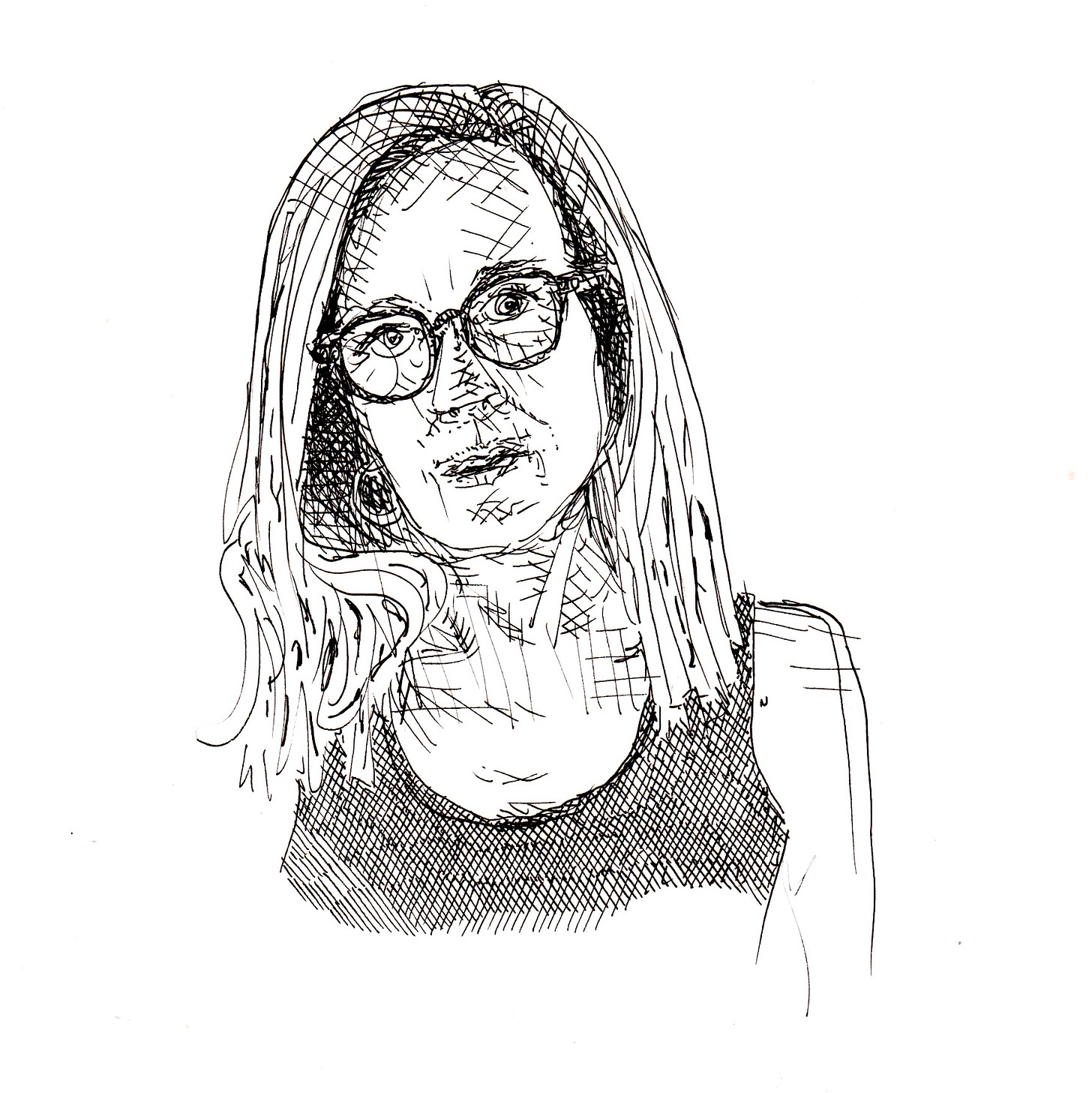
I’m the author of Monsters: A Fan’s Dilemma, as well as the memoirs Love & Trouble and Poser. I’ve written essays, criticism, and reviews for The Paris Review, The New York Times, The Atlantic, The Nation, Vogue, Slate, and many other publications. I have two phenomenal grown children.
—
How old are you, and how long have you been in recovery?
I’m 57. I’ve been in recovery for five-and-a-half years.
How did you get there?
Things got really rough in my 40s. My marriage was in a long downward spiral. To say I wasn’t functioning well is an understatement. I descended into despair. I was a person-shaped void, an infinite black hole walking around in a pair of clogs. I just kept pouring alcohol into the emptiness. Was I more of a binge drinker or a daily drinker? The answer was Yes. The answer was More, now.
After years of this, I stopped dreaming of getting better. I was sure that my depression would never go away. For laughs, my best friend and I made fun of the word “hope.”
And then one sunny hungover Sunday I woke up and thought: What if I stopped drinking? I didn’t know how to stop the slow motion accident that was my life. But I had a thought: I could remove this one thing. I could remove alcohol. It just came to me, out of nowhere, on a vicious little hungover sunbeam. It was a miracle! I didn’t even know they really had those! A sad miracle but a miracle nonetheless.
I took one of those “Am I an alcoholic?” tests on the internet. When I got the results back, it said something about alcohol use disorder. I thought, hmm, you know what would be wild? If I took the test and actually told the truth. So I took it again. This time the results said: QUIT NOW BITCH. Which was good. It’s good when the internet confirms your miracle. I already knew the answer anyway.
After that, I just white-knuckled my way into the future, fueled by terror. I never ever want to go back there, to the place where I was when I quit.
One sunny hungover Sunday I woke up and thought: What if I stopped drinking?I didn’t know how to stop the slow motion accident that was my life. But I had a thought: I could remove this one thing. I could remove alcohol. It just came to me, out of nowhere, on a vicious little hungover sunbeam. It was a miracle!
What are the best things about being in recovery?
All the very coolest, kindest, and best people are sober. Seriously, what an incredibly great club to belong to. I live for that moment when you look at someone and you both know you belong to the club.
One unexpected small good thing is the diminishment of my social anxiety. For a long time in my recovery, I told myself that I drank to manage my social anxiety. I recently realized that alcohol gave me social anxiety. I still get uncomfortable in social situations, but I have much more of a “so what?” attitude about my discomfort. I’ve demoted myself from my status of being the most nervous or most anxious person at any given gathering. I’m just another schmo. That allows me to—gasp!—think about what someone else at the party might be going through.
Perhaps not coincidentally, I’ve become much more politically active since being in recovery, and much more involved in volunteer stuff. This is the kind of shit that really makes me happy now!
Another great thing about being in recovery: not getting in car accidents.
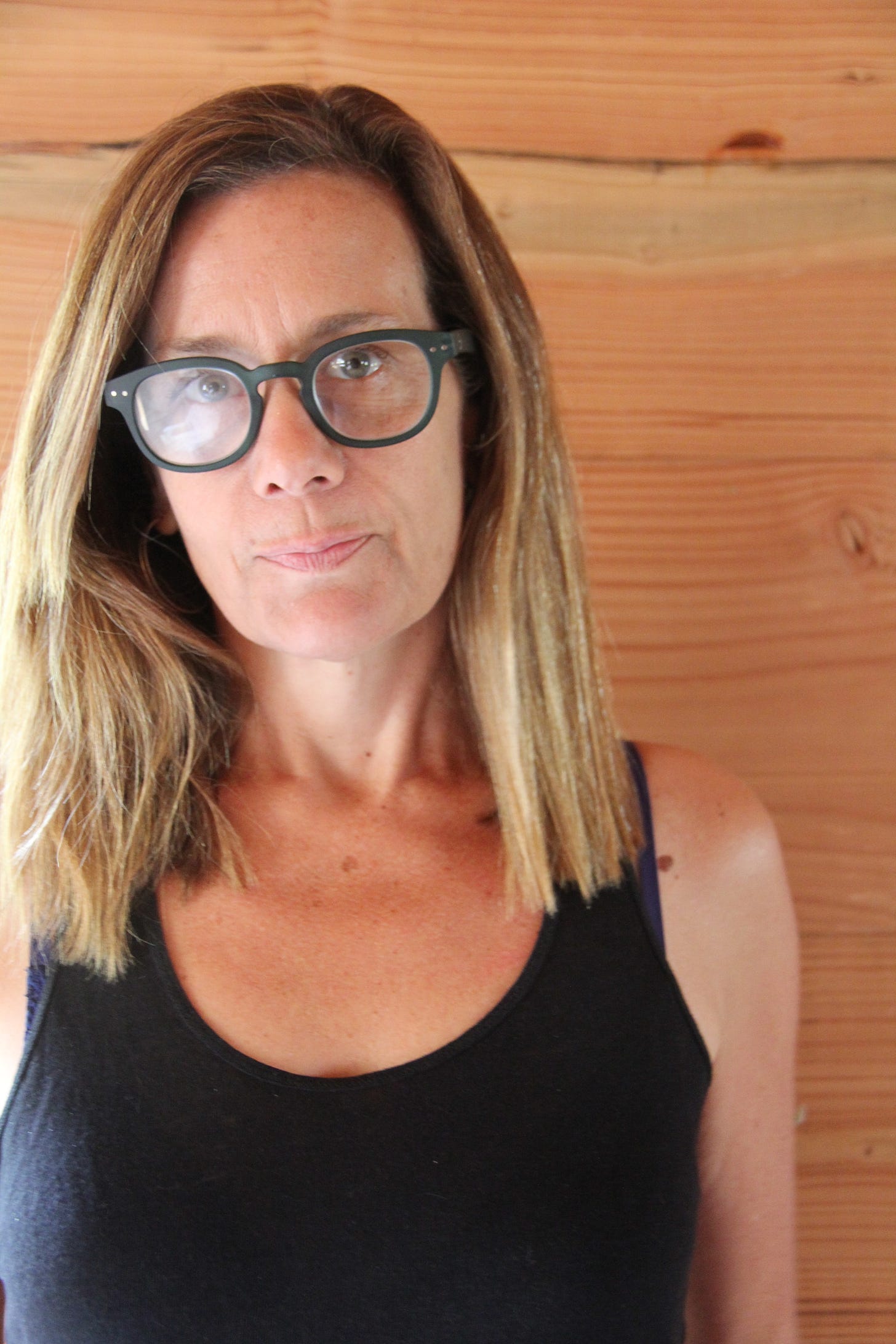
What’s hard about being in recovery?
A friend recently told me he heard a famous writer on the radio, talking about how she had recently quit drinking. But she clarified that she had not been a problem drinker. He told me he thought the famous writer’s story was my story as well. I think he meant it as a compliment. It seemed he wanted or needed the comfort of thinking I had not had a real drinking problem. I’m glad for the famous writer, I said. But that is absolutely not my story.
One of the hardest things in recovery (besides NOT DRINKING) is being told pretty often that, back in my drinking days, people didn’t see me as having a problem. I understand where this is coming from. For one thing, they think I drank the way they drink, and if I had a problem, does that mean they have a problem? That’s something people don’t necessarily want to think about.
But there’s more going on here. I was perceived—even by dear friends—as not having a problem when I was utterly addicted to alcohol and engaged in many dangerous behaviors. Why did this happen? Why did they perceive me this way? Certainly not because my drinking was unproblematic. I think their perception is simply evidence of the earth’s-molten-core shame that I lived with constantly during the late stages of my drinking. I was in hell. The fact that people didn’t know it just meant that the shame was so profound that I put all my energy into hiding the hell of my existence.
Remember what I said at the top: I had no idea, in my conscious mind, that I had a drinking problem. My shame was so profound that I was hiding reality even from myself—especially from myself. I get tired just thinking about it.
Sometimes I feel like my recovery is really that: a great and very slow project of simply resting after all that effort. Resting from the exhaustion of the drinking, of the shame, of the hiding. The work of recovering from the shame will probably take me the rest of my life. It’s interior work and not really anyone else’s business. So I don’t map out for people the geography of my particular addiction hell, even when they tell me I wasn’t that bad. But when they say that to me, it makes me feel the exhausting shame all over again.
I suppose the grown-up thing would be to take this experience and look at the kernel of truth inside it: we never really know what someone else is going through. I try to remind myself of that all the time.
I took one of those “Am I an alcoholic?” tests on the internet. When I got the results back, it said something about alcohol use disorder. I thought, hmm, you know what would be wild? If I took the test and actually told the truth. So I took it again. This time the results said: QUIT NOW BITCH. Which was good. It’s good when the internet confirms your miracle. I already knew the answer anyway.
How has your character changed? What's better about you?
Sober readers of this questionnaire will know that resisting cravings becomes a kind of superpower. When I first quit, I was vigilant about using distraction and support to get through cravings. Call a sober friend, go to a meeting, take a walk while listening to a sober podcast. After a year or so, as I gained confidence, I noticed that when I had a craving, I could just…sit there.
I read somewhere that cravings pass in 3-5 minutes. Maybe this was garbage information, but I thought Well, hell, I can sit here not-drinking for three little minutes. Once I could do that, the ability to sit through uncomfortable things came more easily to me in all kinds of different contexts. Well, hell, I would think, and I would just sit there, and the uncomfortable feeling would pass. This is probably not big news for normal people, but for me it was a revelation.
What do you still need to work on? Can you still be a monster?
Ha ha ha ha sob. We’re all monsters because we’re all human. (I wrote a book about this.) But of course calling oneself a monster can be a form of self-aggrandizement. The worst part of myself is my occasional feeling that I am a very, very special kind of monster. A dumb story I can get caught up in is this one: No one is as big a monster as me. The grandiosity of my self-loathing (and its attendant self-pity) could blot out the sun if I let it. It’s very boring and annoying for the people around me.
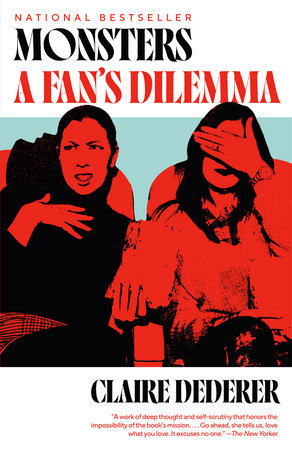
What’s the best recovery memoir you’ve ever read? Tell us what you liked about it.
Kristi Coulter, the author of the recovery memoir Nothing Good Can Come from This, lives in my town and has been a dear friend of mine since before I quit drinking. In fact, I was her onstage interlocutor for the launch event for the book. Hilariously (I mean hilariously in retrospect) I drank a couple glasses of vodka before I went onstage with her, to “manage” “my” “nerves.”
About three months later, I quit drinking. Kristi texted and called and emailed me night and day, talking me through it, just being there.
“What if I want to go to Scotland and drink scotch?” I said over the phone, even though I knew the Scottish don’t call it scotch, they call it whiskey, which makes sense if you think about it. Like people in Mexico don’t call their food Mexican food. Anyway I ranted to Kristi, “That’s something I’d really like to do! Drink scotch in Scotland! And now I’ll never be able to do that.”
“Why don’t we worry about that later?” she said. “Let’s just get through today without a drink. I promise you we can revisit the Scotland issue another day.”
So she is my favorite sobriety memoirist.
What are some memorable sober moments?
I’ll share just one. I’d been sober for seven days when I had to fly to New York to serve on the jury of a literary award. These were all things that really made me want to drink: flying, New York, being around other writers. I was a mess.
After a day in a conference room arguing about the merits of various books, everyone else headed out for cocktails. I fled and went for a very long walk, eventually stumbling upon a cat cafe on Atlantic Avenue in Brooklyn, where I paid twenty bucks to spend an hour petting cats in a room that reeked of urine just so I wouldn’t go into a bar.
Later that night, I joined the other jurors for dinner. (Probably a mistake; later in my recovery I would’ve just gone back to my hotel room and streamed Escape to the Country.) The waitress at the restaurant was a tattooed punk rock type—exactly the kind of person the rebel (drunk) teen inside me still wanted to impress.
When she took my order, I felt a bit embarrassed. It was my first time being in a restaurant since I’d quit. “I’ll have a Clausthaler,” I said. (For some reason I thought I had to order something resembling an alcoholic drink. Another thing I would get over later.)
The extremely cool young waitress rested a hand on my shoulder. “That’s my drink, too, hon.”
I have often thought I owe my sobriety to that young woman. I realize that’s melodramatic, but it also feels true.
The worst part of myself is my occasional feeling that I am a very, very special kind of monster. A dumb story I can get caught up in is this one: No one is as big a monster as me. The grandiosity of my self-loathing (and its attendant self-pity) could blot out the sun if I let it.
Are you in therapy? On meds? Tell us about that.
I’m in weekly therapy and have been since before I quit drinking. When I came clean to my therapist about my drinking she said: “Wow, you did a great job with your smoke screen! If I’d known what was going on, I would’ve forcefully suggested rehab.” For some reason this made us both laugh. Maybe we were just feeling the relief of the truth making an appearance in the room.
What sort of activities or groups do you participate in to help your recovery? (i.e. swimming, 12-step, meditation, et cetera)
I’m just turning to dedicated AA attendance five years into my sobriety. Not sure why. Exercise and meditation are crucial. Unloading on my (non-addict) boyfriend for drinking wine in front of me also helps—but not every time, just once in a while, to keep him on his toes. He’s a saint.
I also do better if I have a project going. I mean, besides writing, which can be a one-way ticket to perseveration. More helpful is a project that exists in the real world. Right now I’m rebuilding a skiff. I’ve owned this skiff since I was sixteen and it fell into disrepair during the last ten years of my drinking. I’m restoring it. The work is painstaking, occasionally boring, and weirdly joyous. A ridiculously pat metaphor, but it happens to be true.






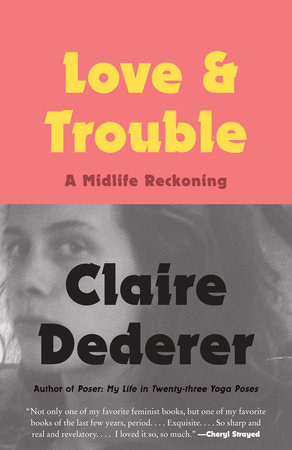
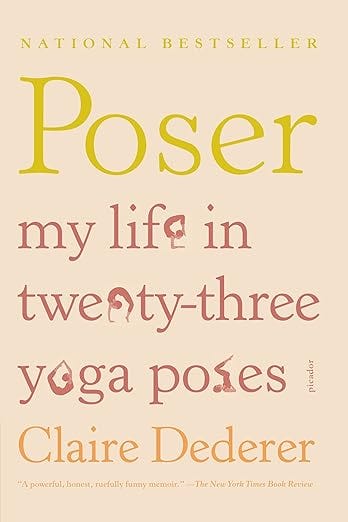
"When she took my order, I felt a bit embarrassed. It was my first time being in a restaurant since I’d quit. “I’ll have a Clausthaler,” I said. (For some reason I thought I had to order something resembling an alcoholic drink. Another thing I would get over later.)
The extremely cool young waitress rested a hand on my shoulder. 'That’s my drink, too, hon.'"
Beautiful anecdote, it says it all. Brought me to tears.
Your anecdote about the punk waitress proves the 12-step adage, When the student is ready, the teacher will come. I went on a middle of nowhere fishing trip three months sober; two hours to any sort of year-round road. When I opened the kitchen cabinet, I saw a handle of my favorite bourbon staring at me. I was severely tempted. I looked down at the counter just then and noticed that there was a small framed Serenity Prayer. Turned out the caretaker who showed up to check the place every couple of days had been in recovery for decades. So have I been since. . Each time he appeared we had a sort of newbie-to- sponsor session. I identify with 99 percent of your tale. Thank you for it.